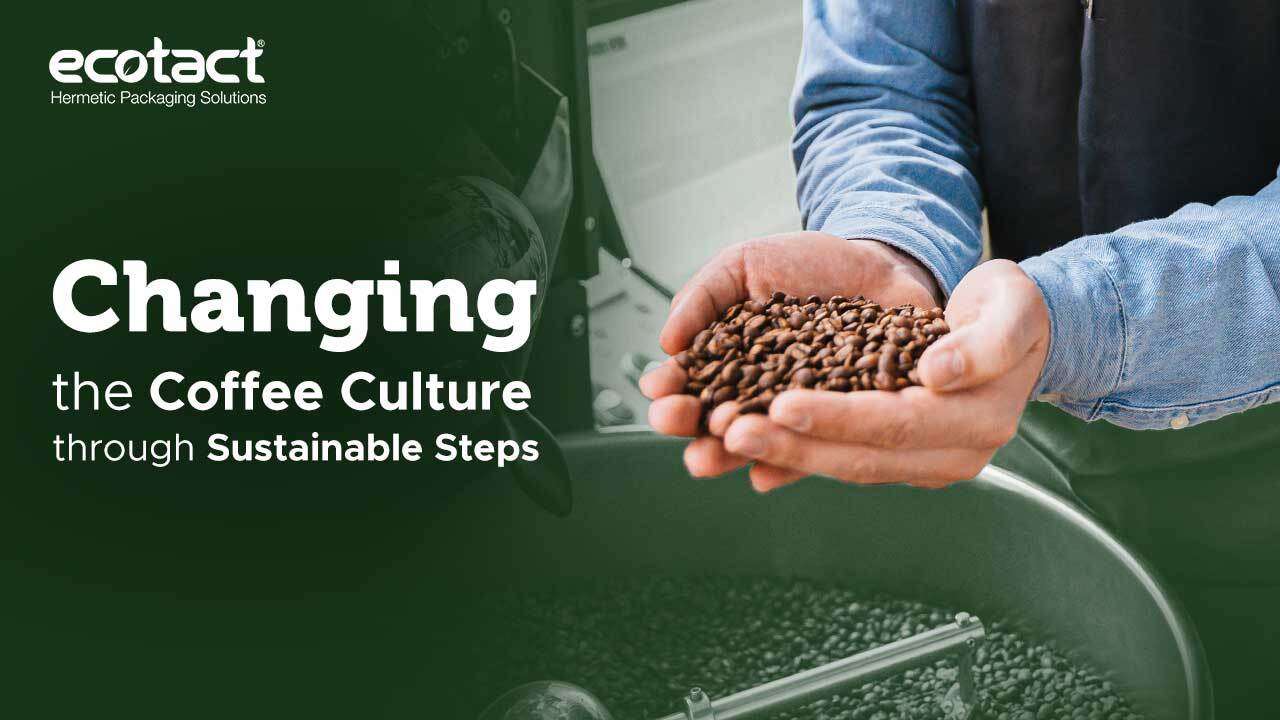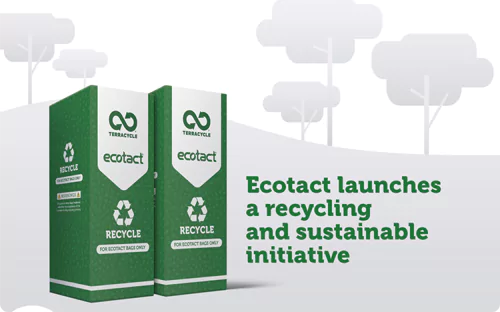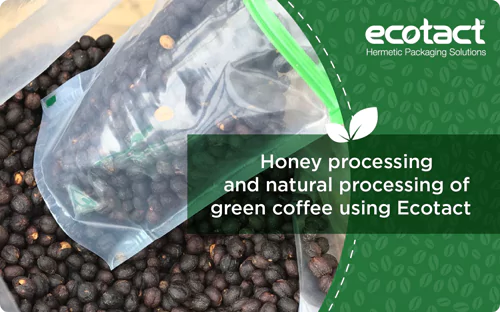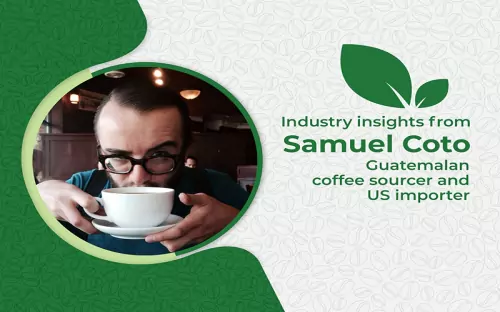The last several decades have seen a steady increase in the consumption of coffee, penetrating into new markets thereby attracting a bigger target group. Consequently, the rise in demand has led to several changes in the coffee industry, be it the process of harvesting or roasting. As per the trend, the consumption level is predicted to double by 2050 and as a result, there is an unexpected increase in waste; both organic and inorganic.
Sustainability is now turning out to be a key element within the coffee industry and a vast majority of roasters and small businesses are working towards reducing organic waste by transforming it into useful resources thereby contributing to the circular economy.
Circular economy in Coffee Production
When roasters attempt to reuse the waste produced in coffee production when used efficiently, this waste can boost the fertility of coffee farms and reduce the use of chemicals for field activities. It can also help in protecting the environment and ensuring a safer way of working. Ultimately, when sustainability is the key aim, then it automatically opens up business opportunities for coffee producers and everyone else in the value chain.
Let us understand how coffee roasters can save the community, soil, and the overall environment via processes like composting.
Composting as a source of prevention for landfills and greenhouse gas emissions
When the matter in landfills breaks down anaerobically, it releases harmful greenhouse gases such as methane which is directly released into the atmosphere and contributes to global warming. But composting as a method is similar to natural decomposition which allows organic waste to break down with oxygen. Hence, it reduces overall waste that is disposed of in landfills and reduces the production of greenhouse gases. While roasting coffee is an efficient process by itself, as per a study, the process of roasting, packaging, and distribution of coffee accounts for approximately 15% of the total footprint journey from the crop to cup.
Strengthens soil and promotes healthy plant growth
Composting also helps in improving the quality of soil making it more suitable for production by adding organic matter to it. When the organic content increases, the soil is able to absorb and retain water, nutrients and air which is helpful to the plant ecosystem.
Reduces the use of pesticides and synthetic fertilizers
When plants grow in compost-rich soil, they are naturally more resilient to pests and infections. The healthy bacteria present in the soil help fight off the attack of pests and diseases at the very initial stages which eliminates the need to use harmful toxicants. Since compost is helpful in the addition of nutrients to soil & changing the quality of soil, it reduces the need for any kind of fertilizer.
To understand how to be more sustainable, it is essential to consciously incorporate some practices like:
Minimum use of energy for production
It is important to have a clear estimate of what a batch size is and how heavy will the machinery serve in quality control. For roasters with bigger operations, regenerative thermal oxidizers (RTO) are a great way to check energy costs as it recycles the heat back into the roaster instead of releasing it into the atmosphere. Hence, when it comes to upgrading, picking an energy-efficient alternative will go a long way.
Composting the coffee grounds
The amount of disposed waste that comes from the coffee grounds is massive. As per an article, most regions around the world dispose of around 75% of their grounds in a landfill. But due to improper management of the municipality waste, there is an issue with the composting process. Coffee grounds are infused with nutrients and the stored nitrogen is great for the garden soil. Roasters can incentivize customers for taking the coffee grounds and place the used filters in a can in order to send it away later.
Using excess water as a technique
If there is one resource that is used from the scratch till the end, it’s water. Apart from the crops, water is used heavily in cleaning. One way to start is by utilizing the rinsed water, preventing back-flushing, by dumping the water into containers in order to reuse it to water your fields.
Reusing and recycling the materials
While recycling items once, there is still a considerable amount of environmental footprint. While the coffee industry has been constantly evolving by taking up compostable packaging, there is still a chance that the materials don’t break down to 100%. But by picking better quality materials in packaging and storage, Ecotact prioritizes biodegradability and recyclability as its prime principles.
Speaking of its diverse portfolio, Ecotact has come a long way by bringing the most effective packaging solutions. Products such as Sterile vacuum-sealed bags, Multi-layered hermetic bags and Troiseal bags are made with recyclable and eco-friendly materials without compromising the aroma & freshness of the coffee beans. The Biome trays and the 2-in-1 Supergreen 40 storage bags are compostable and designed to ensure high reusability and easy disposal. These products are specifically designed to be sustainable packaging solutions in the coffee industry.
So, the premium quality coffee beans stored in hermetic bags will feel farm-fresh, throughout the journey. Along with this, there are certain solid wastes that can’t be avoided are chaff and burlap bags. But Ecotact has meticulously designed its bags without chaff and burlaps to make them ideal for use without the use of plastic.
 Spanish
Spanish
 English
English French
French German
German


